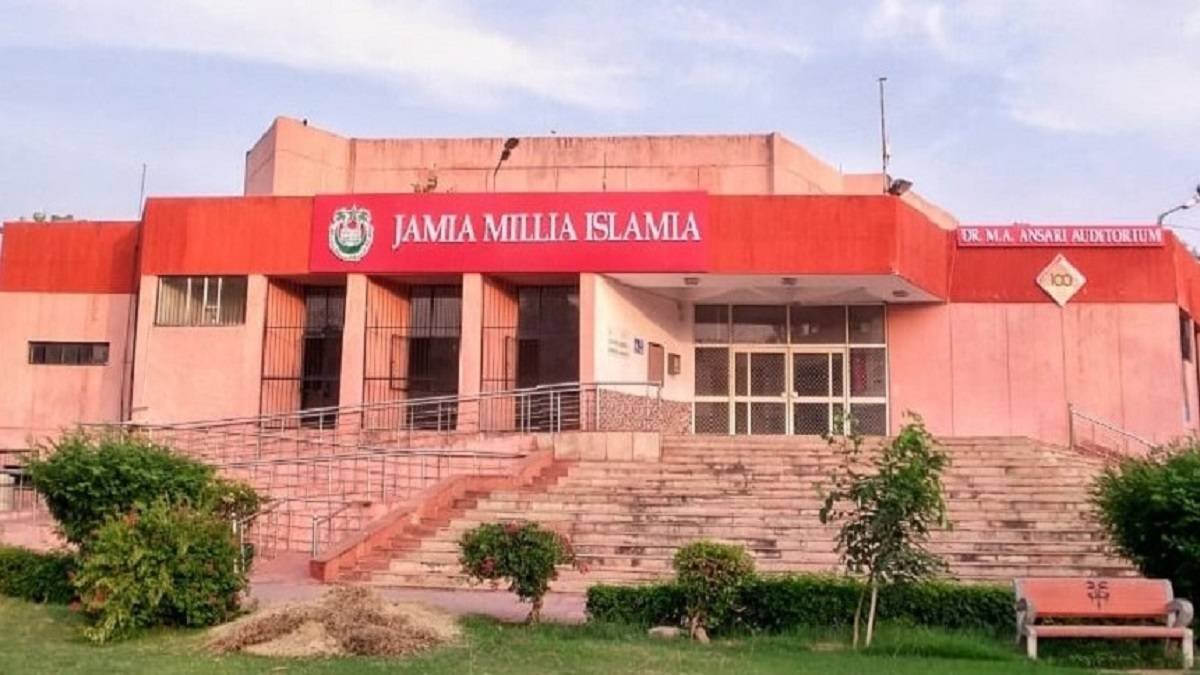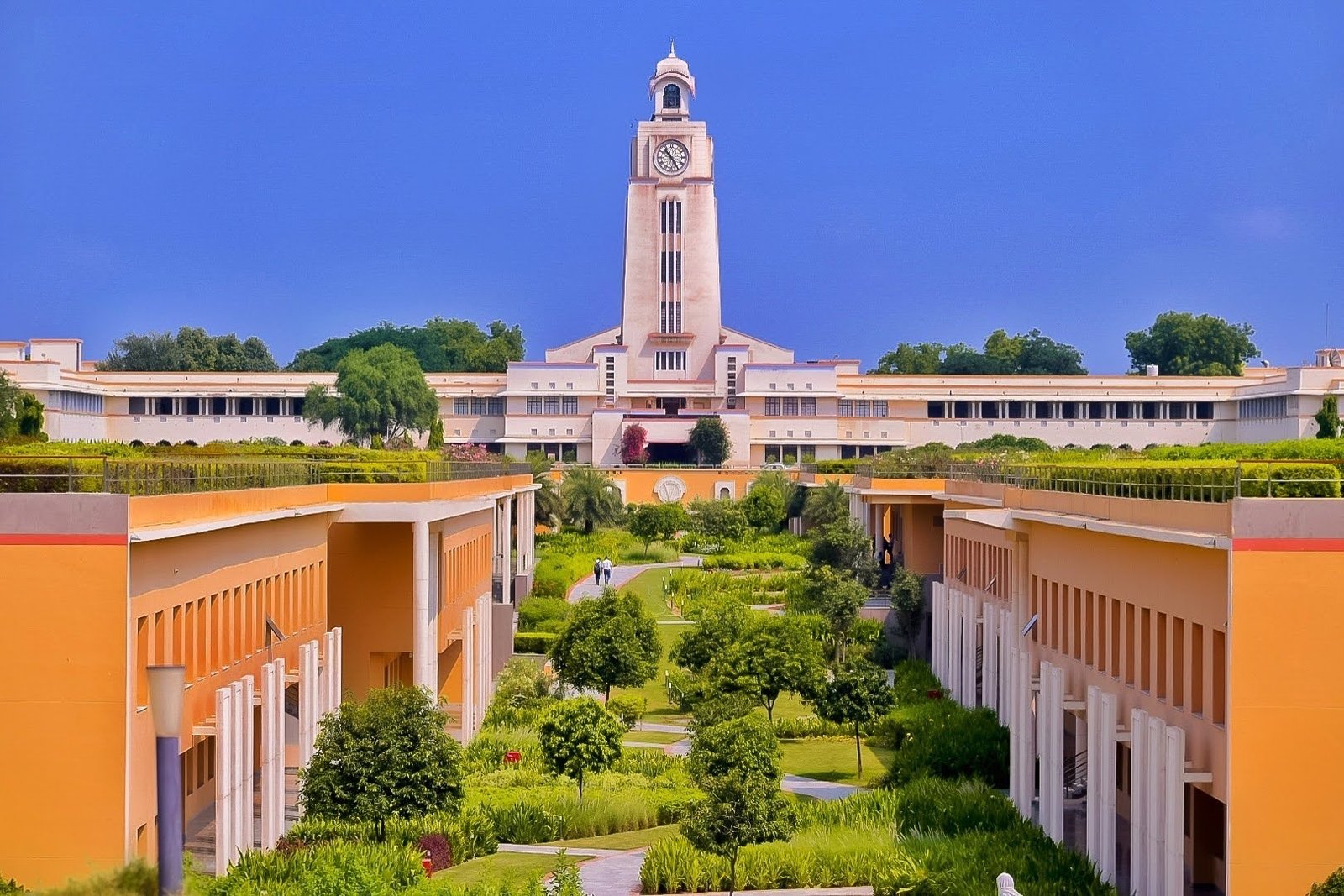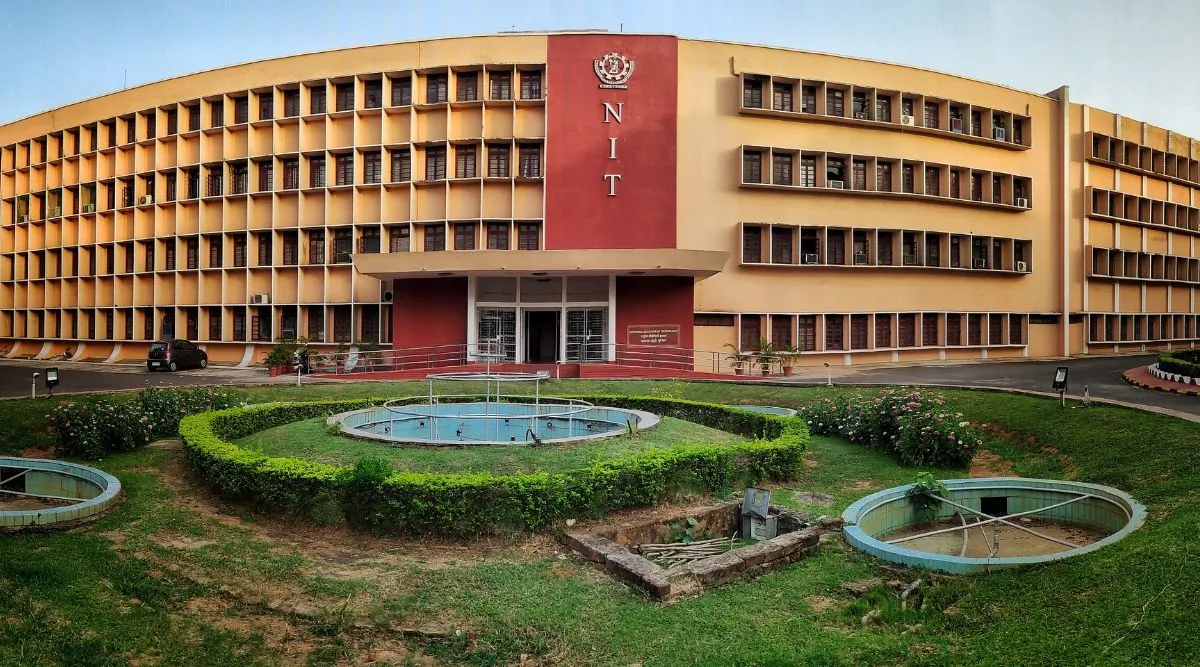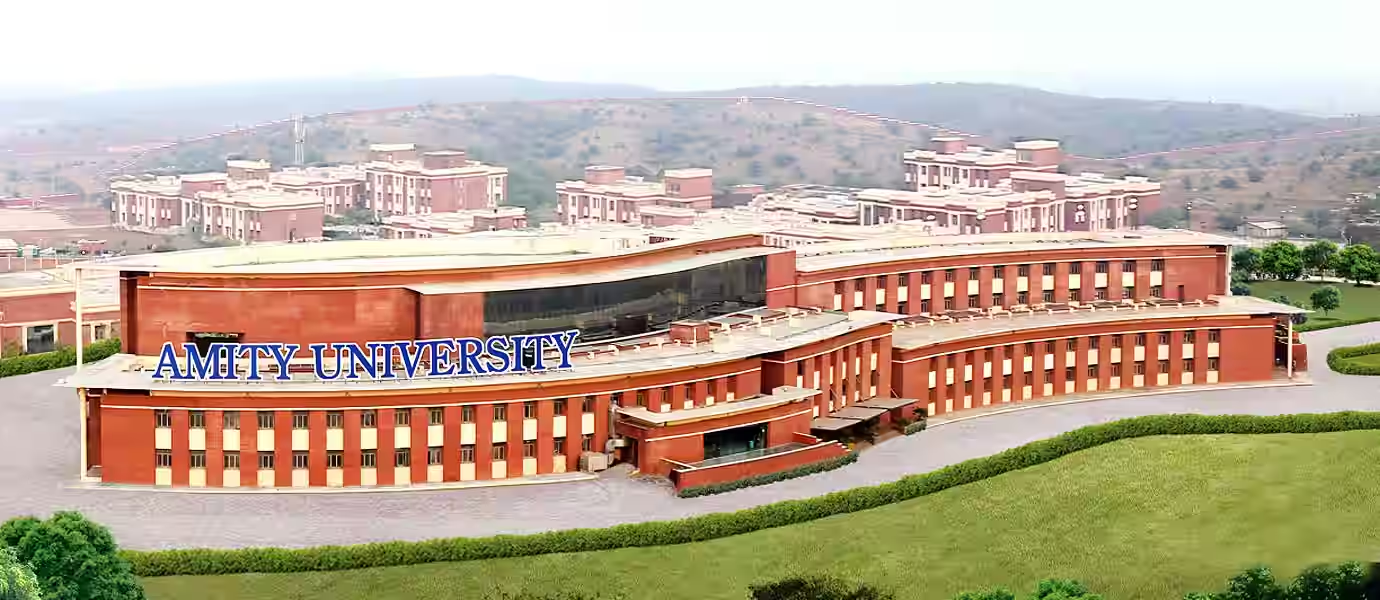Introduction
Jamia Millia Islamia (JMI) is a renowned institution of higher education in India, celebrated for its commitment to academic excellence, social justice, and holistic development. Founded in 1920, JMI has grown from a small school in Aligarh to a prominent university in New Delhi, fostering a tradition of learning that combines intellectual rigor with social consciousness. This cover story explores the founding reasons, vision, mission, and social impact of Jamia Millia Islamia, highlighting its journey and contributions to education and society.
Founding Reasons
Jamia Millia Islamia was established with the vision of providing quality education to all, irrespective of religion, caste, or creed. The founding of JMI was driven by the desire to create an institution that would promote learning and intellectual growth while also addressing social inequalities and fostering a sense of national identity. The founding members were motivated by the need to establish an educational institution that would be rooted in Indian cultural values and serve as a platform for social and intellectual empowerment.
The context for JMI’s founding was shaped by the socio-political climate of early 20th-century India, marked by the struggle for independence and the quest for social reform. The founders sought to create an educational institution that would contribute to the nation-building process and provide a space for the development of well-rounded individuals who could contribute positively to society.
Founders and Their Vision
Jamia Millia Islamia was founded by a group of visionary leaders who were committed to advancing education and social reform in India. The key founders included:
- Maulana Mohammad Ali Jauhar: A prominent freedom fighter and educationist, Maulana Ali Jauhar played a crucial role in establishing JMI as a center for progressive education and social reform.
- Maulana Shaukat Ali: A key figure in the Indian independence movement and a strong advocate for education, Maulana Shaukat Ali was instrumental in shaping JMI’s vision and mission.
- Hakim Ajmal Khan: A renowned physician and educationist, Hakim Ajmal Khan contributed to the development of JMI’s academic framework and emphasized the importance of modern and traditional learning.
The vision behind JMI was to create an institution that would:
- Promote Inclusivity: Provide education to students from diverse backgrounds, fostering a sense of unity and national integration.
- Encourage Intellectual Growth: Offer a rigorous academic environment that would nurture critical thinking, creativity, and intellectual development.
- Advance Social Justice: Address social inequalities and promote social reform through education and community engagement.
Mission and Vision
The mission of Jamia Millia Islamia is “to provide high-quality education, promote research and innovation, and contribute to the overall development of individuals and society.” The vision of JMI is “to be a globally recognized institution that excels in academic excellence, social responsibility, and holistic development, shaping future leaders and contributing to national and global progress.”
JMI’s guiding principles reflect its commitment to providing a well-rounded education that emphasizes academic excellence, social consciousness, and personal development.
Academic Excellence and Innovation
Jamia Millia Islamia offers a wide range of undergraduate, postgraduate, and doctoral programs across various disciplines, including humanities, social sciences, engineering, sciences, and management. The institution is known for its commitment to academic excellence and innovative teaching methods. Key academic initiatives at JMI include:
- Research and Development: Conducting research in various fields to advance knowledge and address pressing social and scientific challenges. JMI supports research through its centers of excellence and interdisciplinary programs.
- Holistic Education: Providing a comprehensive educational experience that combines academic learning with extracurricular activities, community service, and personal development.
- Global Engagement: Fostering international collaborations and partnerships to enhance educational opportunities and promote cross-cultural exchange.
Campus and Facilities
JMI’s campus, located in New Delhi, is equipped with modern facilities to support academic and extracurricular activities. Key features of the campus include:
- Libraries: The university’s libraries are well-stocked with a vast collection of books, journals, and digital resources to support research and learning.
- Research Centers: JMI has established several research centers focused on various disciplines, promoting innovation and scientific inquiry.
- Hostels and Residential Facilities: The university provides hostel accommodation and residential facilities for students, ensuring a conducive learning environment.
Social Impact
Jamia Millia Islamia has made a significant impact on society through its various initiatives and contributions. The institution’s social impact initiatives include:
- Community Engagement: Engaging in community service and outreach programs that address social issues and promote social justice. JMI students and faculty are actively involved in various community development projects.
- Education for All: Providing education to students from diverse backgrounds, including marginalized and underprivileged communities, and promoting inclusivity and equal opportunities.
- Social Reform: Contributing to social reform through educational programs that address societal challenges and promote social change.
Alumni and Industry Impact
JMI alumni have made notable contributions across various sectors, including academia, government, business, and social services. They are recognized for their achievements and commitment to social and professional excellence.
The institution’s impact on various industries is evident through its collaborations with government agencies, research organizations, and industry partners. JMI graduates are known for their expertise, leadership, and dedication to societal progress.
Future Prospects
As Jamia Millia Islamia looks to the future, it remains committed to its mission of providing high-quality education, conducting impactful research, and contributing to societal development. The institution aims to expand its academic programs, enhance research capabilities, and strengthen its global partnerships. JMI is poised to continue its legacy of academic excellence and social impact, shaping future leaders and contributing to national and global progress.
Conclusion
Jamia Millia Islamia stands as a beacon of academic excellence and social responsibility, reflecting the vision and dedication of its founders. The institution’s commitment to providing quality education, fostering intellectual growth, and promoting social justice has established it as a leading center for higher education in India. The journey of JMI, from its founding to its current status, is a testament to its enduring legacy and contributions to education and society. As JMI continues to evolve and expand, it remains a symbol of excellence and a driving force in shaping the future of education and social progress.





